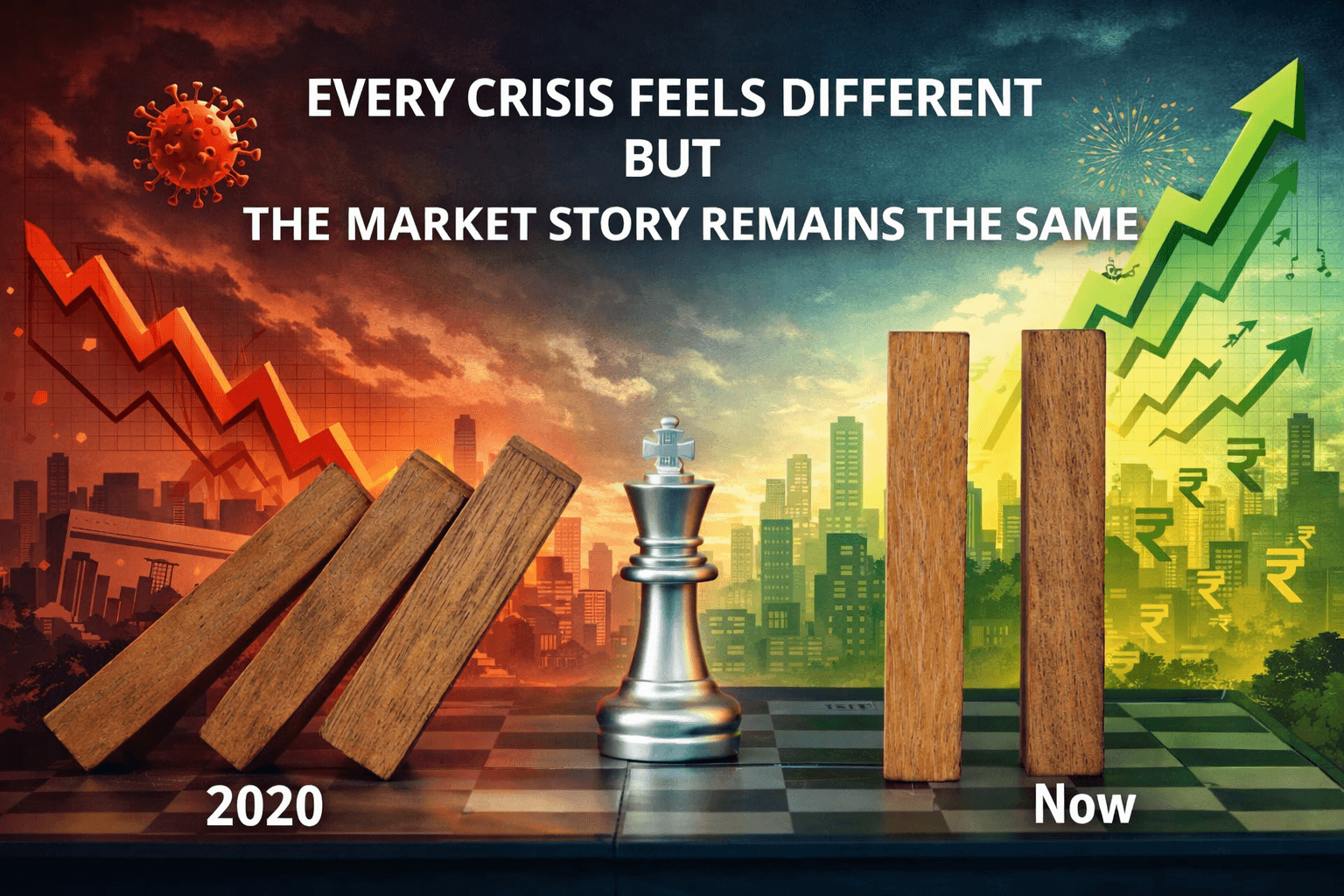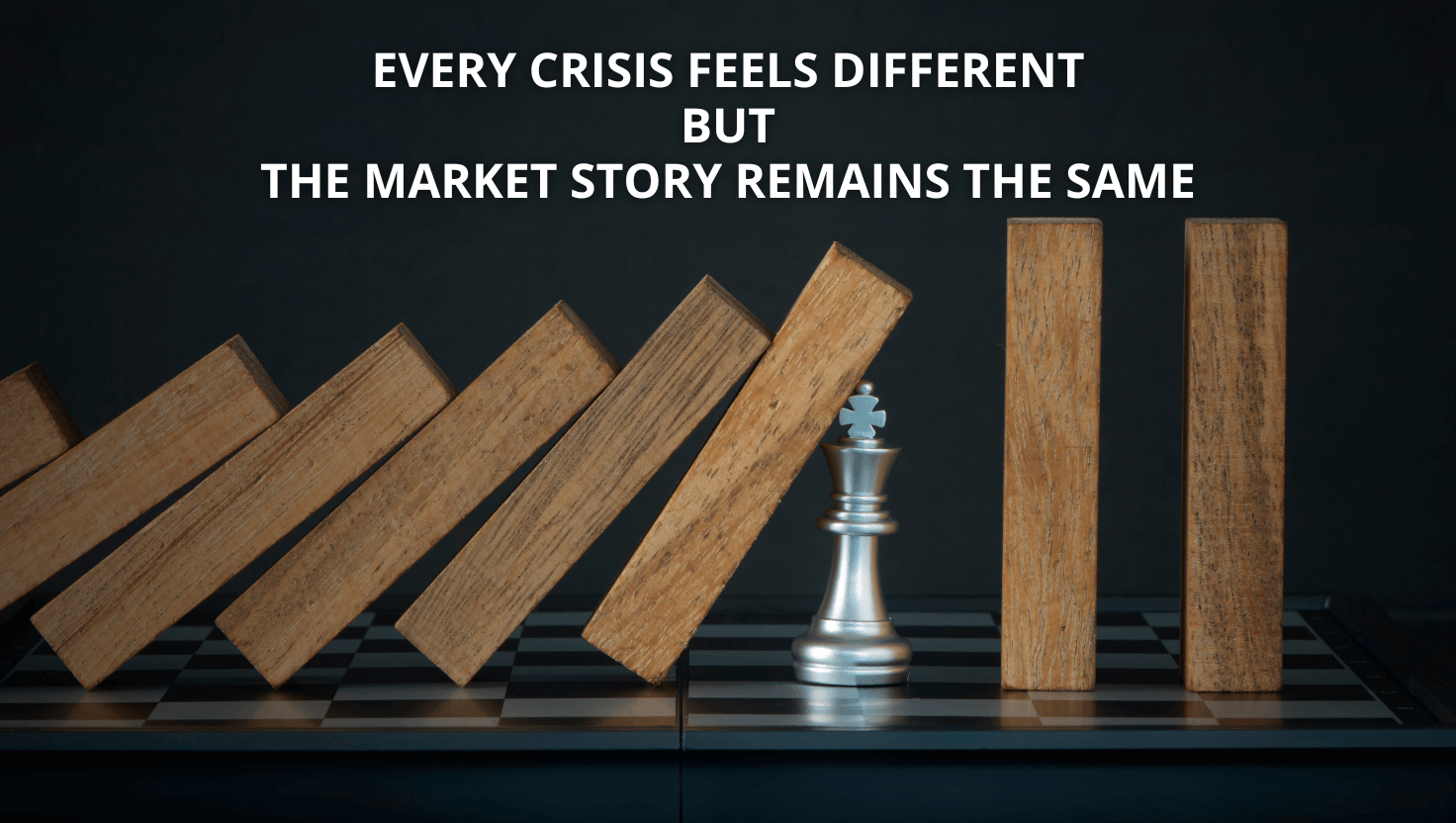My uncle is a wealthy farmer with two sons, just two years apart in age. They are both around 30 years old now. The older son works alongside his father on their farm, while the younger one is an IT professional based in Bangalore.
Interestingly, the older son frequently supports his younger brother financially. The younger one has a significant debt even though he earns well and often relies on his brother to bail him out when things go beyond his control. In contrast, the older brother is extremely cautious with his financial decisions, and he consults me before making any major choices.
Every time I visit this family, I’m struck by how differently these two brothers approach money. Despite being raised in the same household, their financial attitudes and behaviours couldn’t be more different.
Money is never just about numbers. For most of us, it is a combination of emotions, identity, self-worth, childhood experiences, and our social conditioning. I believe these are the reasons why the two brothers have such different approaches towards managing money.
Understanding our ‘psychology of money’ isn’t just a nice-to-have skill. It is central to developing a healthy, sustainable relationship with wealth. Let’s explore how our beliefs, biases, and emotions shape our financial decisions, often more than logic does.
Some of the story about the money we got from our parents
Much of our money behaviour today is rooted in the stories we lived in our childhood. These are beliefs passed down by family, culture, or early experiences.
For instance:
- “Money is hard to come by.”
- “Rich people are greedy.”
- “We don’t talk about money in this house.”
- “You must save every rupee; spending is irresponsible.”
- “Financial decisions should always be taken by the eldest in the family and others have no say in that”
I am sure you have heard many more! These money ideas form our responses to financial choices. Someone raised with scarcity may build wealth and feel guilty when spending even when they can afford it. Someone raised with a belief that money is to be enjoyed might spend impulsively, avoiding the idea of planning for the future.
Recognizing our own money story is the first step
Emotions Drive Most Financial Decisions
Understanding that money evokes real emotions, fear, shame, pride, and joy can help us pause and examine our motives before making important financial decisions.
A useful question to ask ourselves: “Is this decision on spending money or investing being made out of emotion or clarity?”
The Problem with Comparing Ourselves Financially
In the age of social media, social comparison is a significant driver of poor money decisions. We often wrongly measure our success based on visible prosperity, cars, vacations, or homes, without knowing what lies beneath, like debt, financial stress, etc. This “comparison trap” can push people to overspend or take on debt just to match a lifestyle they assume others can afford.
A powerful shift happens when we stop asking “How are we doing compared to others?” and start asking “Are we moving closer to what matters most to us?”
Why Saving and Investing Often Feel So Hard
Financial advice is often simple: spend less than we earn, invest regularly, and plan for emergencies.
So why don’t more people do it?
Saving means sacrificing the pleasure of now for the benefit of later. And in a world that constantly promotes instant gratification, that’s really tough.
Some tools could be:
- Save or invest before we even see the money.
- Label savings with emotional goals like “Vacation Fund” because it sounds more motivating than “Savings”
- Set up systems that help us stick to good intentions even when our willpower is low, like an SIP that is automatically debited as soon as the income hits the bank account without our effort.
Most discussions around money stop at saving and never reach investing.
The next time you talk to a family member about money management, notice how the advice often centers on saving, creative ways to cut costs, stretching every rupee, or avoiding unnecessary spending. But when was the last time an elder in your family spoke about investing, beyond the usual fixed deposit in a bank? Talking about investing is often seen as risky, complicated, or even taboo. But we can be the change makers. Let’s normalize conversations about investing with our kids, our spouses, and any family member who’s open to learning. Because sometimes, a simple conversation can spark a whole new way of thinking.
Good money management is less about finding the perfect calculation and more about understanding our own patterns, emotions, and beliefs. By becoming aware of our money psychology, we can begin to rewrite the financial story we have been living.
It is good to ask ourselves:
- What were the early lessons we learned about money?
- What feelings come up when we think about saving, spending, or investing?
- What kind of financial future do we want to create, and what’s holding us back?
When we align our financial choices with both our goals and emotions,money becomes not a source of stress, but a powerful tool for security, freedom, and impact.
Going back to the story of brothers, with my guidance, the older son has begun engaging with the younger son in conversations about money, discussing spending habits, saving strategies, and the importance of investing, topics that were once unwelcome in their household. My uncle now recognizes that the younger son needs some handholding and is genuinely happy to support both his sons on their financial journeys.

Shreedhara is the Founder & Director of Ara Financial Services Pvt. Ltd. He has an experience of over 2 decades in Financial Service Industry with majority of it in guiding individuals and institutions on their investments requirements.









